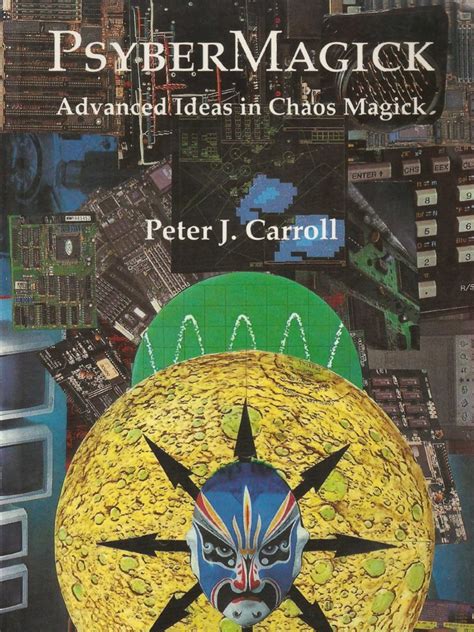A Quote by Helen Schucman
There are no idle thoughts. All thinking produces form at some level.
Related Quotes
Sacrifice doesn't really exist on a national level anymore and that's a pretty new thing - most people aren't engaged nationally in some form of service and that changes the way you think about people in your country; you kind of think of them at a distance. And so there's that shift away from some sort of sacrifice - thinking of yourself as the most important thing in the world versus thinking of yourself as some sort of a whole.
Some form of gnosis or immediacy is attached to all thinking as its root-form or primitive origination; every act of thinking has this passive derivation, this coming-into-being of thinking not out of nothing (as it likes to imagine) but out of some unthinkable something. But the most self-abstractivist or self-reductivist kind of thinking cannot tolerate even the notion (much less the traumatic experience or confrontation) of an incurable pathos, a weakness or blind-spot, within consciousness. The very idea is an insult to the autonomy or self-determinability of ego/will/reason.
We'll keep you in our thoughts With the other bullshit in your heads? No, keep me out of your thoughts, because I hear some of the stuff you talk about and if that's close to what you're thinking about, I don't want to be around that, so keep me and my family out of your thoughts, unless you're thinking of making me a sandwich.
First Thoughts are the everyday thoughts. Everyone has those. Second Thoughts are the thoughts you think about the way you think. People who enjoy thinking have those. Third Thoughts are thoughts that watch the world and think all by themselves. They’re rare, and often troublesome. Listening to them is part of witchcraft.
Thoughts are ephemeral, they evaporate in the moment they occur, unless they are given action and material form. Wishes and intentions, the same. Meaningless, unless they impel you to one choice or another, some deed or course of action, however insignificant. Thoughts that lead to action can be dangerous. Thoughts that do not, mean less than nothing.
The conscious mind is a maelstrom of fleeting thoughts, images, sensations, feelings, conflicting desires, and doubts; barely able to confine its attention to a single clear objective for a microsecond before secondary thoughts begin to adulterate it and provoke yet further trains of mental discourse. If you do not believe this, then attempt to confine your conscious attention to the dot at the end of this sentence without involving yourself in any other form of thinking, including thinking about the dot.




































